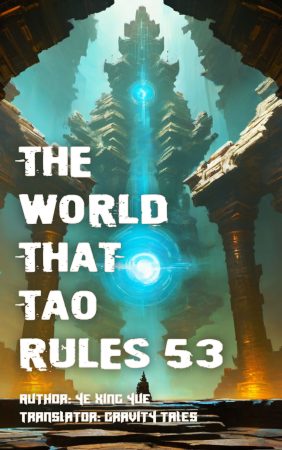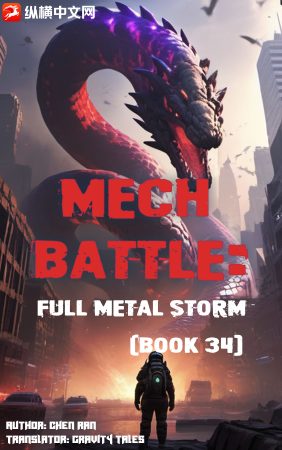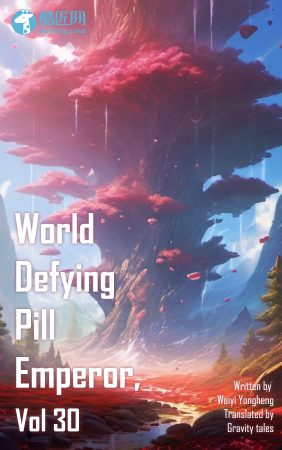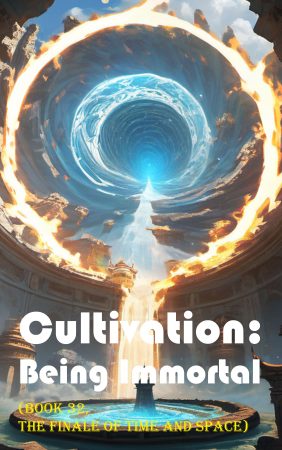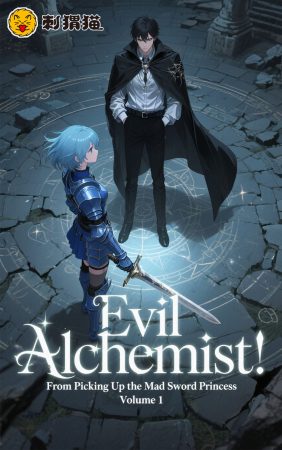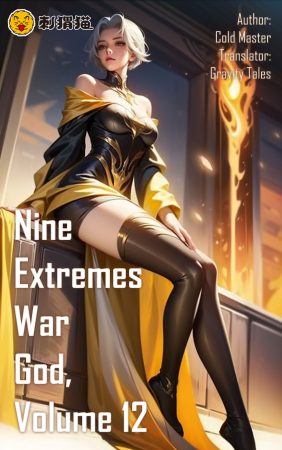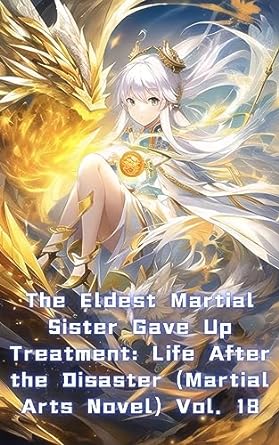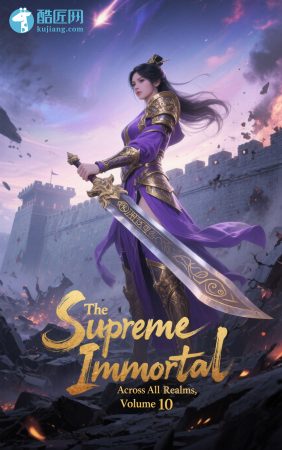Chapter 33: Genius
Our Discord Server: https://discord.gg/PazjBDkTmW
You can buy coins here to unlock advanced chapters: https://gravitytales.com/coins-purchase-page/
“There’s no need for that,” Akado said with a shrug. “Supporting you is supporting the Reichswehr itself! I am very clear on this, so you don’t need to thank me.” After speaking, he sat down on the sofa and began toying with the ashtray on the coffee table.
Krupp, on the other hand, stood up. He had been sitting on the sofa since Akado entered the room. “I, and many of the arms dealers I know, feel that General von Seeckt is too conservative. He is quite far from the leader of the Reichswehr we had hoped for. So we plan to support someone else, to have him as a representative for us arms dealers within the Reichswehr.”
“And you’ve chosen me?” Akado asked with a smile.
“Yes! We have chosen you!” Krupp nodded in admission.
“Since we’re on this topic, may I make a request?” Akado put down the ashtray he was playing with, looked up, and stared at Krupp.
Krupp was taken aback. “What request?”
Akado smiled. “I know you have a secret office in Berlin for designing new weapons, filled with the best engineers from the Krupp factory. May I go and have a look?”
“Why? We guarantee that the weapons we provide you are the best in the world,” Krupp asked, puzzled. “You don’t need to worry about the quality of these weapons.”
“The best?” Akado burst out laughing, as if he had just heard the funniest joke in the world. “They are all obsolete! All of them! It’s no problem for me to represent you arms dealers, but I represent the hundreds of thousands of officers and soldiers of the Reichswehr even more! I never joke with the blood of my men! So I must be responsible for all of Germany.”
“You should know, it is a great taboo in weapons design for an outsider to give directions. The things you know are practically child’s play to our Krupp designers,” Krupp said contemptuously.
Akado smiled. “Then let the child’s play witness true genius.” He held the future direction of weapons development, the technical performance specifications. How could he possibly lose to people who were still fumbling in the dark? Akado had this confidence. He needed to win over and ally with them from every angle, to tie the faction represented by Krupp to his own war chariot.
“Alright! Since we are to cooperate, I will let you witness true science and technology!” Krupp nodded reluctantly. “Tomorrow morning, I will personally take you there!”
The next morning, Akado found Krupp, and together they went to the office the Krupp factory had secretly established in Germany. However, they had only been talking in the office for a dozen minutes before those arrogant engineers were completely won over by Akado’s profound knowledge.
At this moment, in the secret weapons design office established by Krupp in Berlin, Akado was discussing new weapon designs with Krupp’s elite team.
It is worth mentioning that this secret office of the Krupp factory was located at the very top of the German Reichstag building. The ministers’ wives and socialites who came and went every day, even the French and British military attachés stationed in Germany, had never discovered this place. And when these Krupp weapon designers entered the building, there were even British officers or French diplomats who would greet them politely.
Inside the room, Akado was introducing “his design.” Although most of these designs came from documents declassified only in the late 20th century, the sketches Akado presented still drove everyone into a frenzy.
“The army needs a weapon that can fire accurately in single shots at a distance of 400 meters, but can also, in an emergency, fire a large amount of ammunition at short range and in a short time. This weapon will be issued to the panzergrenadier units that accompany the tank forces to assault the enemy. Therefore, I will name this weapon the ‘assault rifle’!” Akado said, pointing to the drawing and introducing his idea to Krupp’s rifle designers.
He pointed at the crooked design drawing, somewhat embarrassed as he explained the items on it. He had no talent for drawing in either of his lives. Last time when designing the uniforms, he could find someone to help, but this time the matter was secret, so he had to do it himself. “This is the gas-operated mechanism. This part can be opened and closed! This and this can be made of wood!”
“Oh! It’s beautiful! This design is simply perfect!” The group of designers was deeply attracted by Akado’s idea, nodding and exclaiming in admiration. “This weapon can be mass-produced to replace almost all existing individual weapons.”
Hearing their praise, Akado shook his head with some regret and sighed, “Due to the army’s tight budget, we only plan to procure 10,000 of these rifles for now. But believe me, one day, this weapon will be produced in the hundreds of thousands, and armies all over the world will use it!”
“What is this?” Krupp asked, flipping through a plan Akado had placed to the side. On it, a strange cannon was sketched in a messy hand.
Akado smiled and pointed to a few crooked lines on it. “This is a truck! Although it doesn’t look much like one, you should be able to imagine it. About eight wheels, two in the front, three in the back. This truck has a cannon mounted on the back that can be braced on the ground. The caliber doesn’t need to be too large; 155mm is enough.”
“Krupp can produce cannons with larger calibers. If you need, we can use rails and trains to transport these cannons. The caliber can exceed 200mm, with a longer range and greater power!” Krupp said, proudly introducing his factory’s specialty.
For a long time, the entire Krupp factory had possessed an almost blind self-confidence. They had the confidence and the technology to build the biggest and best cannons in the world.
“Yes, greater power, longer range, and also more rigid in movement, a more obvious target. I’ll need a reinforced company to guard each cannon, and for this kind of cannon, I’ll need to account for three more types of shells,” Akado said, muttering to himself.
Krupp looked at Akado and asked with a frown, “Greater power and longer range, are these not the performance characteristics a cannon should pursue?”
Akado smiled at Krupp, then looked at the several artillery design experts staring at him, and spoke, “Of course! Range and power are two very important metrics, but they are not the only metrics of an excellent artillery piece!”
He held up his fingers, extending them one by one. “Range! Very important! Power! Also very important. The mobility of the artillery! Even more important! The simplicity of logistical supply, also important! The designer and the user must consider all of these!”
He looked at the designers. “If you simply pursue some unnecessary performance characteristic, making the disadvantages in other areas more prominent, then that is a failed design!”
“Everyone, imagine this. If all our cannons have the same caliber, then our trucks can all use one length, completely wasting no space. If the truck length is fixed, then the size of the railway cars will also be fixed. How simple will it be to train our workers to repair these identical pieces of equipment? If our personnel training is simplified, then the speed of repairing faults will also increase! This way, more cannons will be manufactured and transported to the front line. How about that? Terrifying, isn’t it?” Akado said, throwing out the theory of large-scale assembly line production from his later life in front of Krupp and a group of senior engineers.
“My God!” Krupp stared at Akado in astonishment, somewhat disbelieving his own ears. “Do you know what you’ve just said? That speech you just gave is worth at least one hundred million dollars. You are simply a genius.”
“That is why I have already stipulated for the Reichswehr: large-caliber artillery shall not exceed 283mm, and it would be best if the shells are also compatible with naval gun calibers,” Akado said, pointing to the plan.
“No problem!” Krupp agreed in one breath.
“The artillery caliber for Army Group-level artillery units will be 203mm, also with the requirement to be as compatible as possible with naval gun calibers,” Akado continued.
“Can do!” Krupp still nodded.
“The standard army support artillery caliber will be 150mm, compatible with medium-caliber naval shells,” Akado went on.
Krupp had no objection at all. “I agree!”
Akado glanced at the surrounding engineers. “Tank guns and anti-aircraft guns will have calibers of 88mm and 75mm.”
Krupp no longer even spoke, just nodded.
“Anti-tank guns and divisional artillery will also have calibers of 88mm and 75mm. They can be chosen arbitrarily according to requirements,” Akado continued to read.
Krupp pointed to one of the engineers. “You, take this down. Record everything! What Colonel Akado says is what I say!”
“As for the machine gun caliber, let’s wait for the Reichswehr’s technical experts to arrive and we can all discuss it together,” Akado said, even starting to feel a little embarrassed.
“And what is this?” Krupp asked again, pointing to another drawing.
Akado glanced at the drawing, blushing a little at his own artistic skills, but still explained to Krupp, “This is a rough drawing of the interior of a tank. I need our tanks to look like this.”
“What is this slanted line? The front armor plate?” Krupp had more or less figured it out and asked with a frown.
Akado nodded, feeling a sense of gratitude as if he had met a kindred spirit. “Correct! The front will use a sloped structure, so that when an enemy shell hits, it will bounce off due to the angle.”
“Really?” one of the Krupp factory’s technicians asked, his eyes wide. He had studied ballistics for twenty-five years and was an expert in this field.
Akado nodded. “The Reichswehr has conducted experiments. It is completely effective against bullets!”
If it was effective against bullets, then it would also be effective against armor-piercing shells! Because the ballistics and energy release patterns of the two types of ammunition were exactly the same.
“Why must the tank have a diesel engine? Aren’t gasoline engines more stable and more comfortable?” Krupp asked, somewhat puzzled.
Akado explained patiently, “Diesel engines are more fuel-efficient, although they are louder and more clumsy. But they are less likely to catch fire when hit!”
God knew, Akado had combined the advantages of the later-born T-34 tank with the advantages of German tanks to create this sketch. This type of tank was definitely an epoch-making super-chariot—lightweight, more reliable, and with even more astonishing power.
“I have to say it again, Colonel Akado, you are simply a genius!” Krupp exclaimed. “If you were a weapon design master, I would definitely invite you to Krupp! It would be worth any price!


